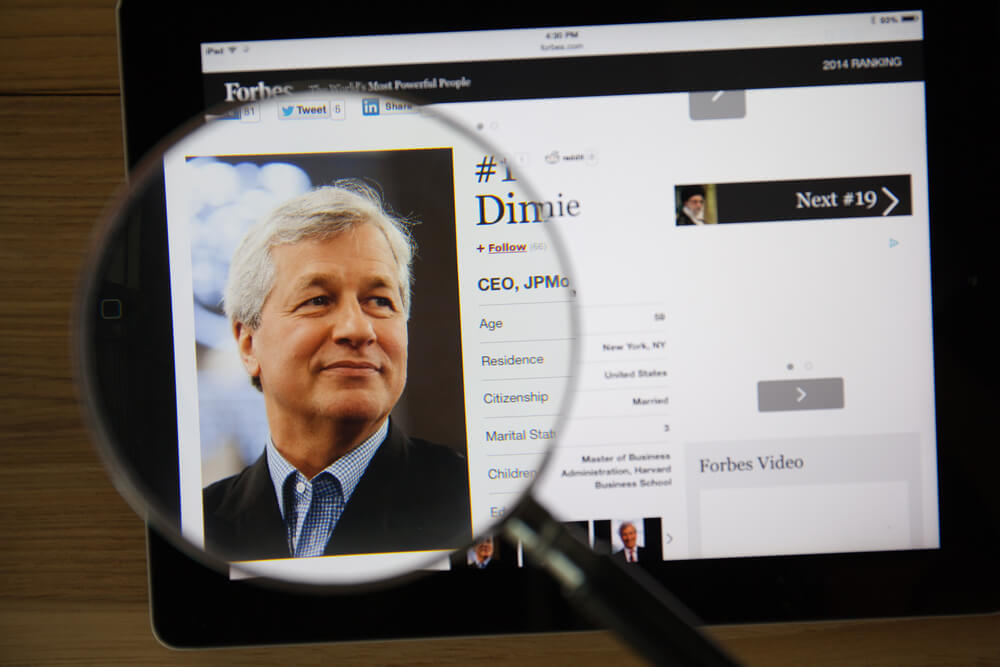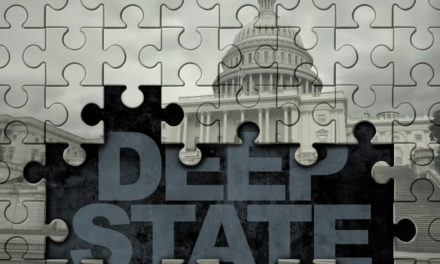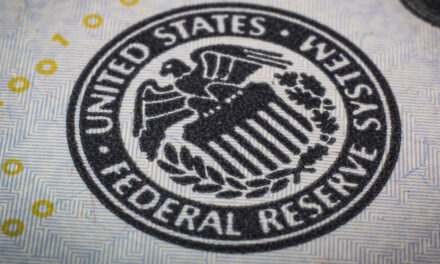JPMorgan & Chase CEO Jamie Dimon communicated with the public for the first time since undergoing emergency heart surgery a month ago, and he expressed serious concerns of a “bad recession” with “financial stress similar to the global crisis of 2008” due to the novel coronavirus pandemic.
Dimon, in his latest letter to investors, said that while 2019 was a year of record profits for JPMorgan, earnings “will be down meaningfully in 2020” due to the COVID-19 outbreak that has shut down huge sections of the U.S. economy.
He also discussed ending his bank’s stock buyback program, which he called “a very prudent action,” and said there is a possibility he could suspend JPMorgan Chase & C0.’s (NYSE: JPM) dividend to shareholders, but only “out of extreme prudence.”
This could ultimately lead other banks, whose executives have so far said they’re unlikely to cut dividends, to slash their shareholder payouts as well if the economy doesn’t recover this year.
JPMorgan’s latest quarterly dividend was $0.90 a share, which are trading just above $90 this morning.
“This scenario is quite severe and, we hope, unlikely,” Dimon wrote.
Dimon also went on to praise the Federal Reserve for its work thus far to relieve strain on financial markets.
“We have the resources to emerge from this crisis as a stronger country,” Dimon said. “America is still the most prosperous nation the world has ever seen.”
But as far as recession, Dimon notes things could get ugly, drawing a comparison to how bad things were during The Great Recession.
Jeff Yastine on Dimon’s Recession Prediction
Banyan Hill Publishing’s Jeff Yastine agrees the recessionary period will be “severe, but short and swift.”
“The impact, in terms of worsening economic data, will largely be over with by August or September. The stock market has already reflected the worst of the coming recession when it lost nearly 40% of its value during a single month, when a typical decline of that magnitude historically takes a year or 18 months to play out,” explained Yastine, the Editor of Total Wealth Insider. “We have to remember that most historical recessions are the result of imbalances in the global and national economy.
“For instance, the price of oil might be too high, or the demand for housing too low. Those kinds of situations create a great deal of uncertainty and destroy confidence.”
Yastine, an Emmy-nominated anchor and former correspondent with PBS’s Nightly Business Report, said the impending recession is unlike any we’ve seen before due to a near-total shutdown of the economy ordered by the federal and various state governments.
“In this case, the recession was caused by edict from various levels of government. Local, state and federal authorities told people and businesses that they can’t go about their normal activities of spending on goods and services,” Yastine said. “So, yes, that caused something of a pileup on our economic freeway. But those same authorities already have the ‘tow trucks’ out — the Federal Reserve cutting interest rates to zero, plus trillions in government aid and stimulus, as well as prohibitions and moratoriums on foreclosures and evictions.
“I think the combination of those efforts will be enough to halt lasting damage on the economy. All we need now is for government authorities to lift the quarantines. Once they do that, I think it will surprise everyone how quickly the U.S. economy can bounce back.”
Editor’s note: How bad do you think the recession will be and how long will it last? Are you expecting a “V-shaped” recovery? Share your thoughts below.




